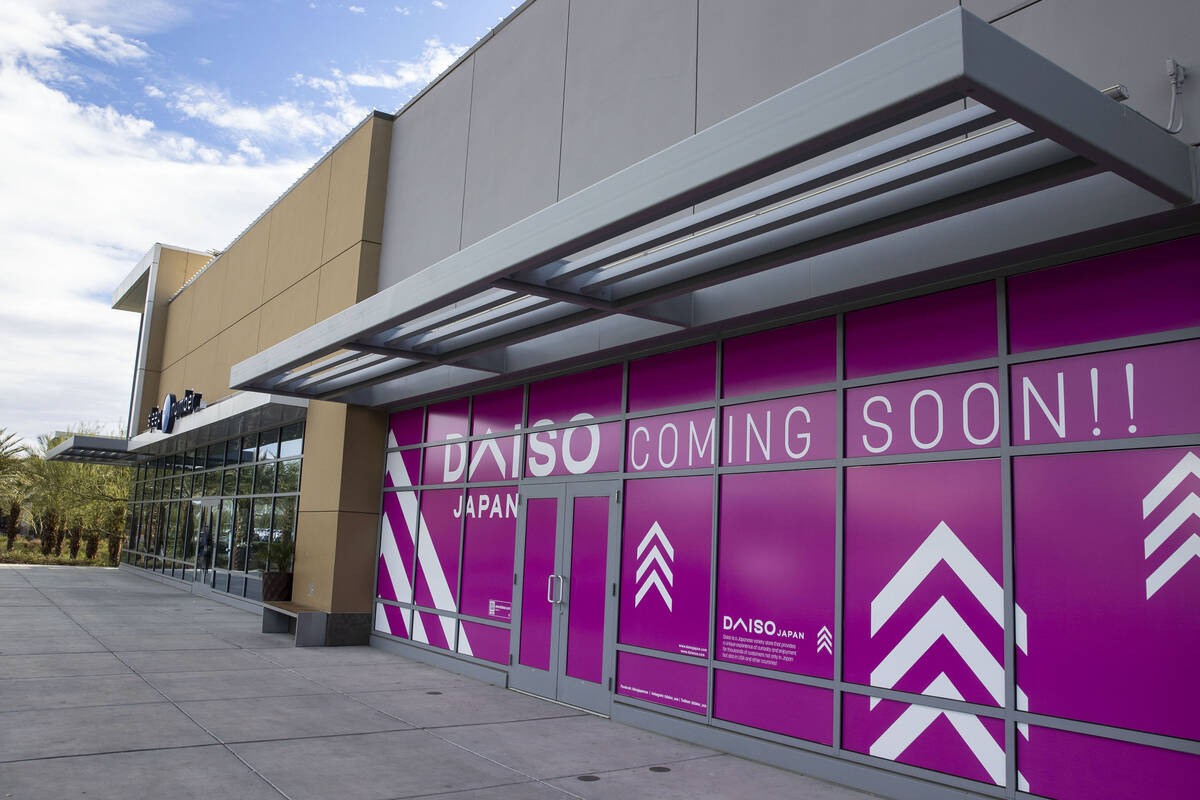Las Vegas has gone through a series of transformations over the past half century, moving from a mob town to mega-resorts built by junk bonds to a REIT port. A largely unseen trend in the city over the past half decade has been the sale of the vast majority of real estate on the Las Vegas Strip to investment firms called Real Estate Investment Trusts (REITs).
MGM resorts (NYSE: MGM) started MGM growth properties (NYSE: MGP) in 2016, Caesar’s conversation (NASDAQ: CZR) followed by VICI properties (NYSE: VICI) in 2017 which helped fund the merger with Eldorado Resorts. And on the way Black stone, Simon Property Group, Invesco, Crown Acquisitions, and others have acquired real estate in Las Vegas. The goal of most of these deals was to monetize real estate and keep hotel and casino operations in an “asset-light” unit.
Real estate monetization took a giant leap forward this week when MGM Growth Properties agreed to be acquired by VICI Properties. Once the transaction is complete, VICI Properties will own the majority of the properties on the Las Vegas Strip, representing a tremendous shift in power in the industry.
Image source: Getty Images.
The deal
The conditions for the sale of MGM Growth Properties to VICI Properties are as follows:
- MGM Resorts will receive $ 4.4 billion in cash and retain 1% of the VICI operating partnership worth $ 370 million.
- MGM Properties public shareholders will receive 1,366 VICI shares for every MGP share they currently own.
- VICI will assume $ 5.7 billion of MGP’s debt on its balance sheet. MGM recently reported that it had $ 12.7 billion in principal debt, of which $ 4.2 billion was consolidated by MGP.
Given the cash MGM receives and the debt that is no longer consolidated on the balance sheet, we could see MGM Resorts reducing its net debt by over $ 8 billion upon completion of this transaction. For MGM, the asset-light model is moving fast, and that could be positive if Las Vegas recovers from the pandemic.
VICI is now the name in gambling real estate
This will add valuable gaming properties and long term leases to the growing REIT. As part of the agreement, MGM will enter into a new triple net master lease with a total annual rent of $ 860 million for 25 years with three 10-year extension options. The rent will increase by 2% annually for the first ten years, then by 2% or the consumer price index (maximum 3%).
This adds a very long term tenant and reduces VICI’s risk of over-reliance on Caesars Entertainment. Now it’s largely tied to the success of the Las Vegas Strip as a whole, along with a growing number of regional casinos on the balance sheet as well.
MGM Resorts relies on asset light
For MGM, it’s about simplifying the balance sheet and business model. The downside is that the company is losing control of valuable Las Vegas real estate for development purposes, which makes new resort development a lot more complicated.
MGM also now has rent as a fixed monthly expense rather than the flexibility that comes with owning real estate. When a financial crisis or pandemic strikes, MGM cannot sell real estate to survive or monetize its own REIT. The company needs to cut costs or otherwise raise money.
This is the so-called operating leverage, and if sales rise, MGM will benefit disproportionately from the increase in sales, as the rental costs are fixed. But when the income drops, it will hurt even more than before.
Las Vegas is now a REIT city
REITs are a common investment vehicle and own a huge amount of real estate, from hotels to restaurants to shopping malls across the country. So that’s not shocking, and MGM was relinquishing control of its own REIT to VICI, but given the amount of cash this is giving MGM, it may have been inevitable.
However, investors should understand the risks associated with this new REIT model. MGM has enormous fixed costs to pay for the future and will not own any real estate to develop into the next great Las Vegas Strip Resort. This is a change for Las Vegas, but one that has been coming for several years.
This article represents the opinion of the author who may disagree with the “official” referral position of a premium advisory service from the Motley Fool. We are colorful! Questioning an investment thesis – even one of our own – helps us all think critically about investing and make decisions that will help us get smarter, happier, and richer.












